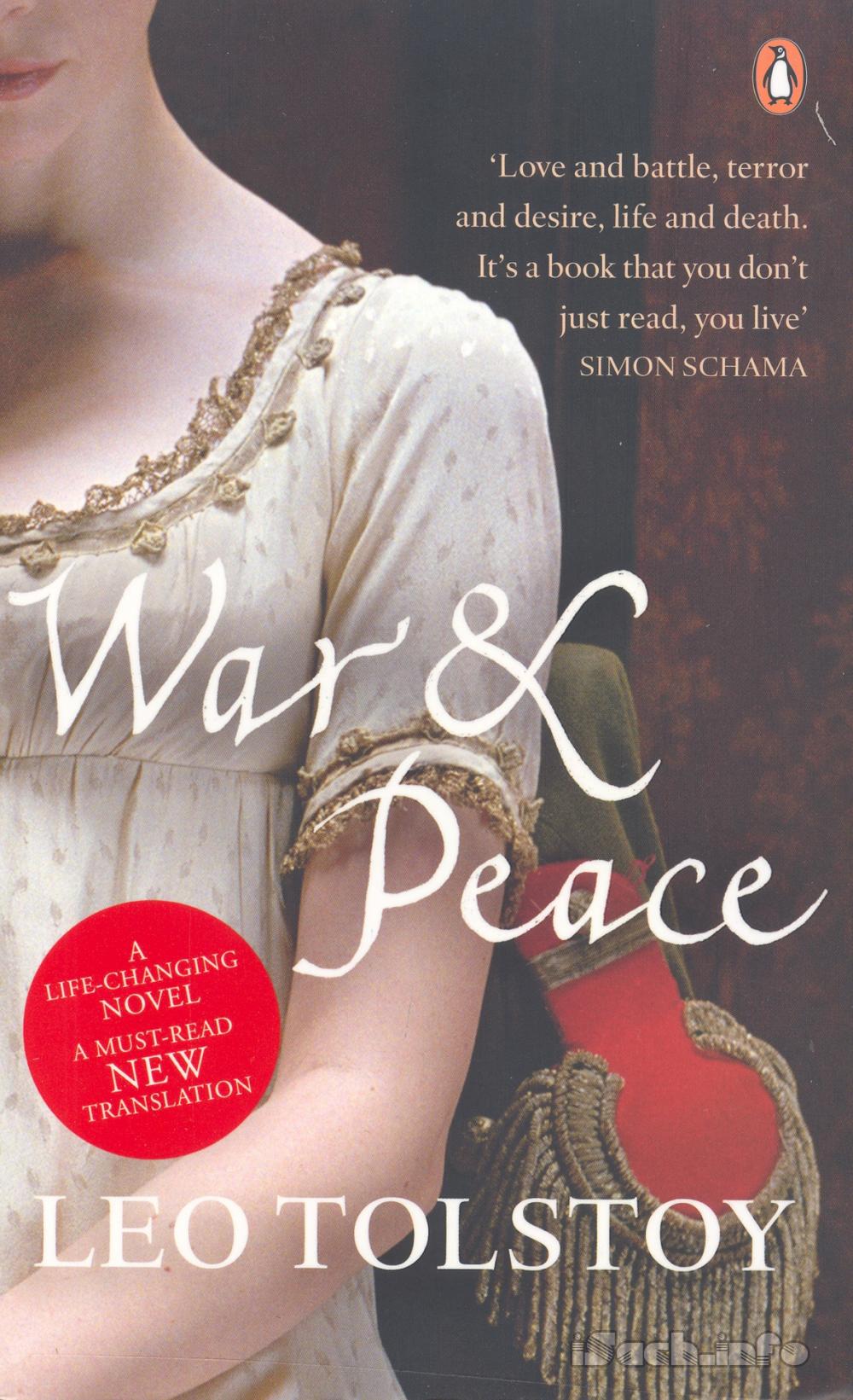Chapter V
N
atasha's wedding to Bezukhov, which took place in 1813, was the last happy event in the family of the old Rostovs. Count Ilya Rostov died that same year and, as always happens, after the father's death the family group broke up.The events of the previous year: the burning of Moscow and the flight from it, the death of Prince Andrew, Natasha's despair, Petya's death, and the old countess' grief fell blow after blow on the old count's head. He seemed to be unable to understand the meaning of all these events, and bowed his old head in a spiritual sense as if expecting and inviting further blows which would finish him. He seemed now frightened and distraught and now unnaturally animated and enterprising.
The arrangements for Natasha's marriage occupied him for a while. He ordered dinners and suppers and obviously tried to appear cheerful, but his cheerfulness was not infectious as it used to be: on the contrary it evoked the compassion of those who knew and liked him.
When Pierre and his wife had left, he grew very quiet and began to complain of depression. A few days later he fell ill and took to his bed. He realized from the first that he would not get up again, despite the doctor's encouragement. The countess passed a fortnight in an armchair by his pillow without undressing. Every time she gave him his medicine he sobbed and silently kissed her hand. On his last day, sobbing, he asked her and his absent son to forgive him for having dissipated their property—that being the chief fault of which he was conscious. After receiving communion and unction he quietly died; and next day a throng of acquaintances who came to pay their last respects to the deceased filled the house rented by the Rostovs. All these acquaintances, who had so often dined and danced at his house and had so often laughed at him, now said, with a common feeling of self-reproach and emotion, as if justifying themselves: "Well, whatever he may have been he was a most worthy man. You don't meet such men nowadays.... And which of us has not weaknesses of his own?"
It was just when the count's affairs had become so involved that it was impossible to say what would happen if he lived another year that he unexpectedly died.
Nicholas was with the Russian army in Paris when the news of his father's death reached him. He at once resigned his commission, and without waiting for it to be accepted took leave of absence and went to Moscow. The state of the count's affairs became quite obvious a month after his death, surprising everyone by the immense total of small debts the existence of which no one had suspected. The debts amounted to double the value of the property.
Friends and relations advised Nicholas to decline the inheritance. But he regarded such a refusal as a slur on his father's memory, which he held sacred, and therefore would not hear of refusing and accepted the inheritance together with the obligation to pay the debts.
The creditors who had so long been silent, restrained by a vague but powerful influence exerted on them while he lived by the count's careless good nature, all proceeded to enforce their claims at once. As always happens in such cases rivalry sprang up as to which should get paid first, and those who like Mitenka held promissory notes given them as presents now became the most exacting of the creditors. Nicholas was allowed no respite and no peace, and those who had seemed to pity the old man—the cause of their losses (if they were losses)—now remorselessly pursued the young heir who had voluntarily undertaken the debts and was obviously not guilty of contracting them.
Not one of the plans Nicholas tried succeeded; the estate was sold by auction for half its value, and half the debts still remained unpaid. Nicholas accepted thirty thousand rubles offered him by his brother-in-law Bezukhov to pay off debts he regarded as genuinely due for value received. And to avoid being imprisoned for the remainder, as the creditors threatened, he re-entered the government service.
He could not rejoin the army where he would have been made colonel at the next vacancy, for his mother now clung to him as her one hold on life; and so despite his reluctance to remain in Moscow among people who had known him before, and despite his abhorrence of the civil service, he accepted a post in Moscow in that service, doffed the uniform of which he was so fond, and moved with his mother and Sonya to a small house on the Sivtsev Vrazhek.
Natasha and Pierre were living in Petersburg at the time and had no clear idea of Nicholas' circumstances. Having borrowed money from his brother-in-law, Nicholas tried to hide his wretched condition from him. His position was the more difficult because with his salary of twelve hundred rubles he had not only to keep himself, his mother, and Sonya, but had to shield his mother from knowledge of their poverty. The countess could not conceive of life without the luxurious conditions she had been used to from childhood and, unable to realize how hard it was for her son, kept demanding now a carriage (which they did not keep) to send for a friend, now some expensive article of food for herself, or wine for her son, or money to buy a present as a surprise for Natasha or Sonya, or for Nicholas himself.
Sonya kept house, attended on her aunt, read to her, put up with her whims and secret ill-will, and helped Nicholas to conceal their poverty from the old countess. Nicholas felt himself irredeemably indebted to Sonya for all she was doing for his mother and greatly admired her patience and devotion, but tried to keep aloof from her.
He seemed in his heart to reproach her for being too perfect, and because there was nothing to reproach her with. She had all that people are valued for, but little that could have made him love her. He felt that the more he valued her the less he loved her. He had taken her at her word when she wrote giving him his freedom and now behaved as if all that had passed between them had been long forgotten and could never in any case be renewed.
Nicholas' position became worse and worse. The idea of putting something aside out of his salary proved a dream. Not only did he not save anything, but to comply with his mother's demands he even incurred some small debts. He could see no way out of this situation. The idea of marrying some rich woman, which was suggested to him by his female relations, was repugnant to him. The other way out—his mother's death—never entered his head. He wished for nothing and hoped for nothing, and deep in his heart experienced a gloomy and stern satisfaction in an uncomplaining endurance of his position. He tried to avoid his old acquaintances with their commiseration and offensive offers of assistance; he avoided all distraction and recreation, and even at home did nothing but play cards with his mother, pace silently up and down the room, and smoke one pipe after another. He seemed carefully to cherish within himself the gloomy mood which alone enabled him to endure his position.



 ePub
ePub A4
A4